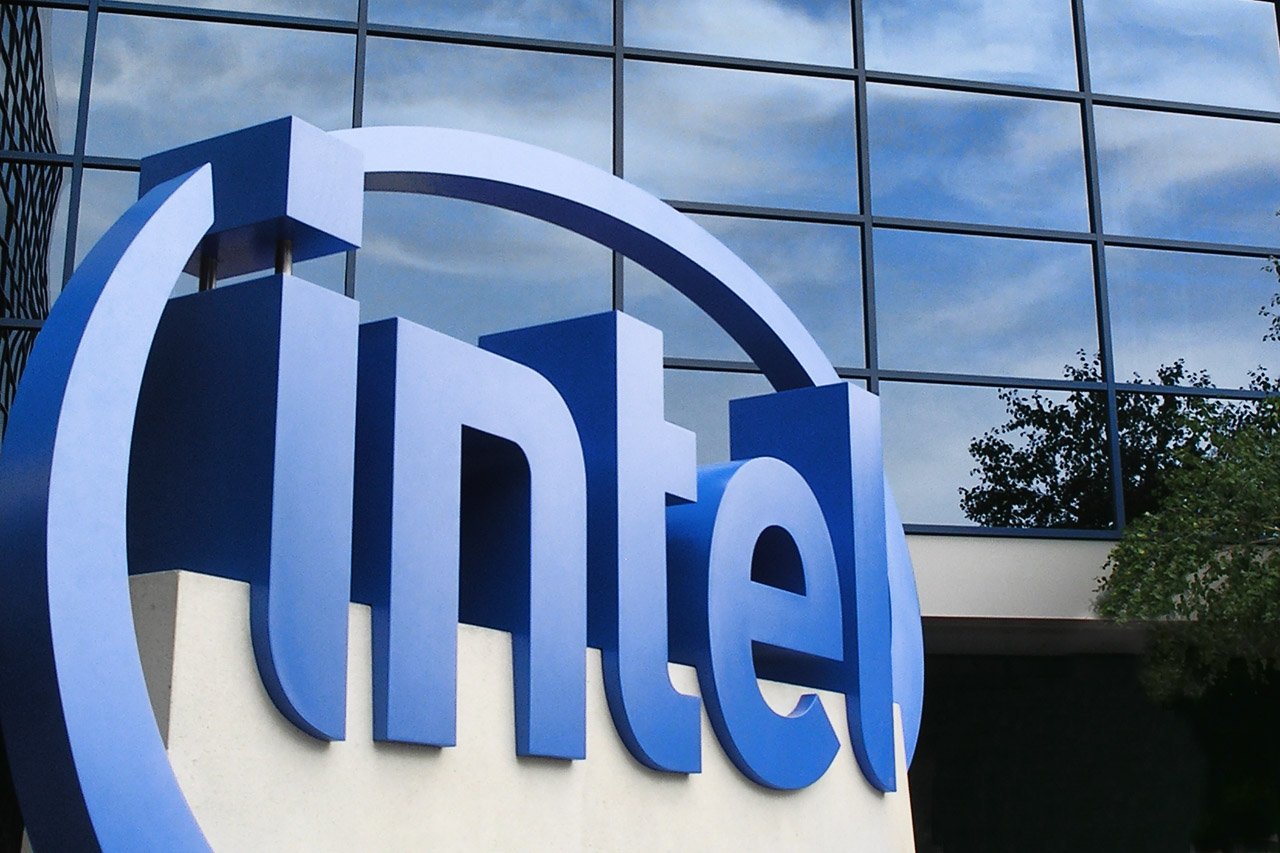Design flaw found in Intel processors, fix could bring substantial performance hit (Updated)
A security flaw has been found in Intel processors, and the fix could reportedly lead to a substantial slowdown of affected PCs.

All the latest news, reviews, and guides for Windows and Xbox diehards.
You are now subscribed
Your newsletter sign-up was successful
The Register reports that a flaw in the design of Intel processors has programmers "scrambling" to redesign Linux and Windows kernels to shut down a potential attack vector that could potentially allow hackers to access passwords, files cached on a disk, and more. What's more, the fixes being worked on could reportedly slow down PCs by anywhere from five to 30 percent.
The bug itself is still under embargo, with specifics set to be released later this month, according to the report. However, some details of the flaw are available. From The Register:
It is understood the bug is present in modern Intel processors produced in the past decade. It allows normal user programs – from database applications to JavaScript in web browsers – to discern to some extent the layout or contents of protected kernel memory areas.
The fix that is in the works involves separating the kernel's memory from user processes as part of what's called Kernel Page Table Isolation (KPTI). The issue with this approach is that it could reportedly result in the aforementioned performance slowdowns after the kernel has been patched.
It's important to note that AMD says its processors are not impacted by this bug.
AMD processors are not subject to the types of attacks that the kernel page table isolation feature protects against. The AMD microarchitecture does not allow memory references, including speculative references, that access higher privileged data when running in a lesser privileged mode when that access would result in a page fault.
Since the flaw is present across Intel processors going back years, it impacts Linux, Windows, and macOS. For Windows users in particular, however, The Register reports that Microsoft shipped fixes with Windows Insider builds on the Fast ring in November and December, and the company is set to potentially roll out the fix to everyone in an upcoming Patch Tuesday update. While the details of the flaw aren't yet publicly available, we should learn much more once a fix is available.
Updated 4:22 PM ET: Intel has now responded to the issue, stating that the issue is not exclusive to Intel products, and that it is working with other companies across the industry, including AMD and ARM, to address the problem. Further, Intel says that it was planning to disclose the issue next week when "more software and firmware updates will be available." AMD has also confirmed that its chips are affected in some capacity, but claims that there is "near zero risk to AMD processors at this time."
Updated 7:30 PM ET: Researchers have now disclosed two new exploits that impact virtually all modern processors from ARM, Intel, and AMD. Microsoft has also issued an emergency patch for Windows users.
All the latest news, reviews, and guides for Windows and Xbox diehards.

Dan Thorp-Lancaster is the former Editor-in-Chief of Windows Central. He began working with Windows Central, Android Central, and iMore as a news writer in 2014 and is obsessed with tech of all sorts. You can follow Dan on Twitter @DthorpL and Instagram @heyitsdtl.
